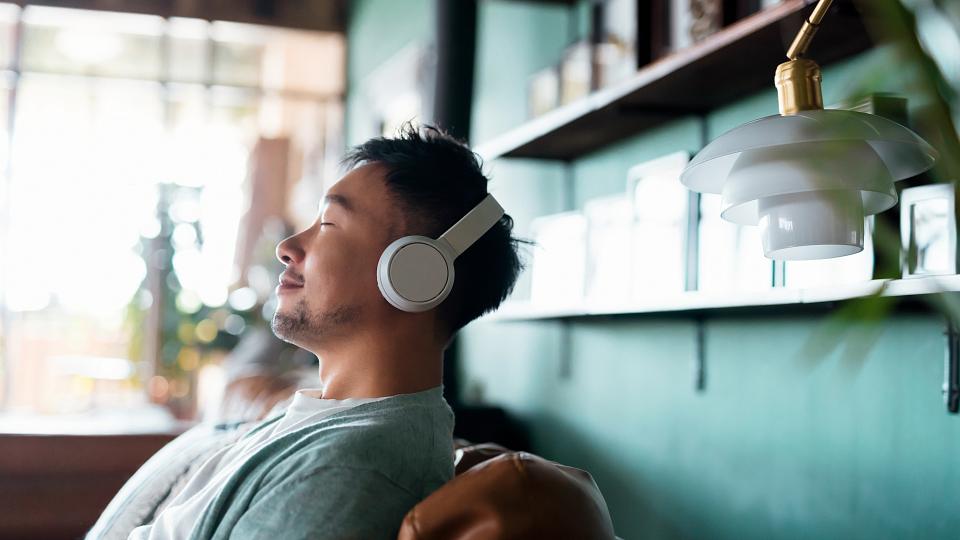
Audiology & Hearing Aid Services

Audiology & Hearing Aid Services
Audiology Clinic
University of Utah Health Audiology treats hearing loss and other related conditions. Our audiologists have clinical doctorates, experience, and the training to help you receive the care you need. Our team works closely with physicians to ensure you find the best solution for your hearing loss. If your treatment requires hearing aids, we will help you find the ones best suited for your needs.
Our Services
Our providers offer a variety of treatments and care:
- Complete hearing evaluations for adults and children
- Electroneuronography test (ENOG)
- Tinnitus consultations and treatment
- Aural rehabilitation
- Balance & vestibular evaluations (Speech Language Hearing Clinic only)
- Virtual care appointments
Approximately 90% of those experiencing hearing loss may be helped with hearing aids. However, only an estimated 15–30% of those people currently use hearing aids. Our audiologists can help you find the right hearing aid for your hearing concerns. We have a full line of hearing aid accessories and batteries. We also offer many different styles of hearing aids to meet your individual needs. We offer a variety of care related to hearing aids and fittings:
- Hearing aid evaluations and counseling
- Personalized recommendations for hearing device(s)
- Hearing assistive technology devices
- Real-ear measurements for hearing aid fitting
- Cochlear implant workup evaluation and mapping
- Custom hearing protection and swim molds
Financial Information
We accept cash, checks, and all major credit/debit cards. We will check your insurance to see if your insurance offers a hearing aid benefit. We also offer payment plans.
Find an Audiology Doctor Near Me
What to Expect at Your Appointment

What to Bring to Your Appointment
Please bring all necessary items to your appointment:
- Photo ID
- Insurance card
Front Desk Check-In
You should arrive 15 minutes early to complete any necessary paperwork. This helps us dedicate as much time as possible to your visit. You can also call our office to see if there’s any paperwork you can fill out ahead of time.
During Your Visit
Your appointment will take place in either a soundproof room or a quiet office. Your audiologist will talk to you about your medical history and symptoms. Tell your provider about your questions or concerns.
If scheduled for a hearing test, your provider will complete diagnostic testing in a soundproof room. Appointments for hearing aids and cochlear implants will usually be completed in a quiet office and vary based on your unique needs.
Speech Language Hearing Clinic
The Speech-Language-Hearing Clinic serves as a training program for graduate students in speech-language pathology and audiology. We treat a wide range of hearing and speech language disorders in adults and children.
In addition to audiology assessments and treatment, we offer speech-language evaluations and therapy. We care for both children and adults, including those with traumatic brain injuries, neurological conditions, and developmental disabilities
Why U of U Health?
U of U Health has year-after-year exceptional rankings as offering the best health care in the nation. It's not a surprise. We believe collaboration throughout our system — from physicians, researchers, biologists, and more — leads to the most imaginative care.
Working together in a rich, diverse clinical environment means our discoveries have a direct impact on the health of our patients.U of U Health isn't satisfied with just offering health care. We want to transform it.


